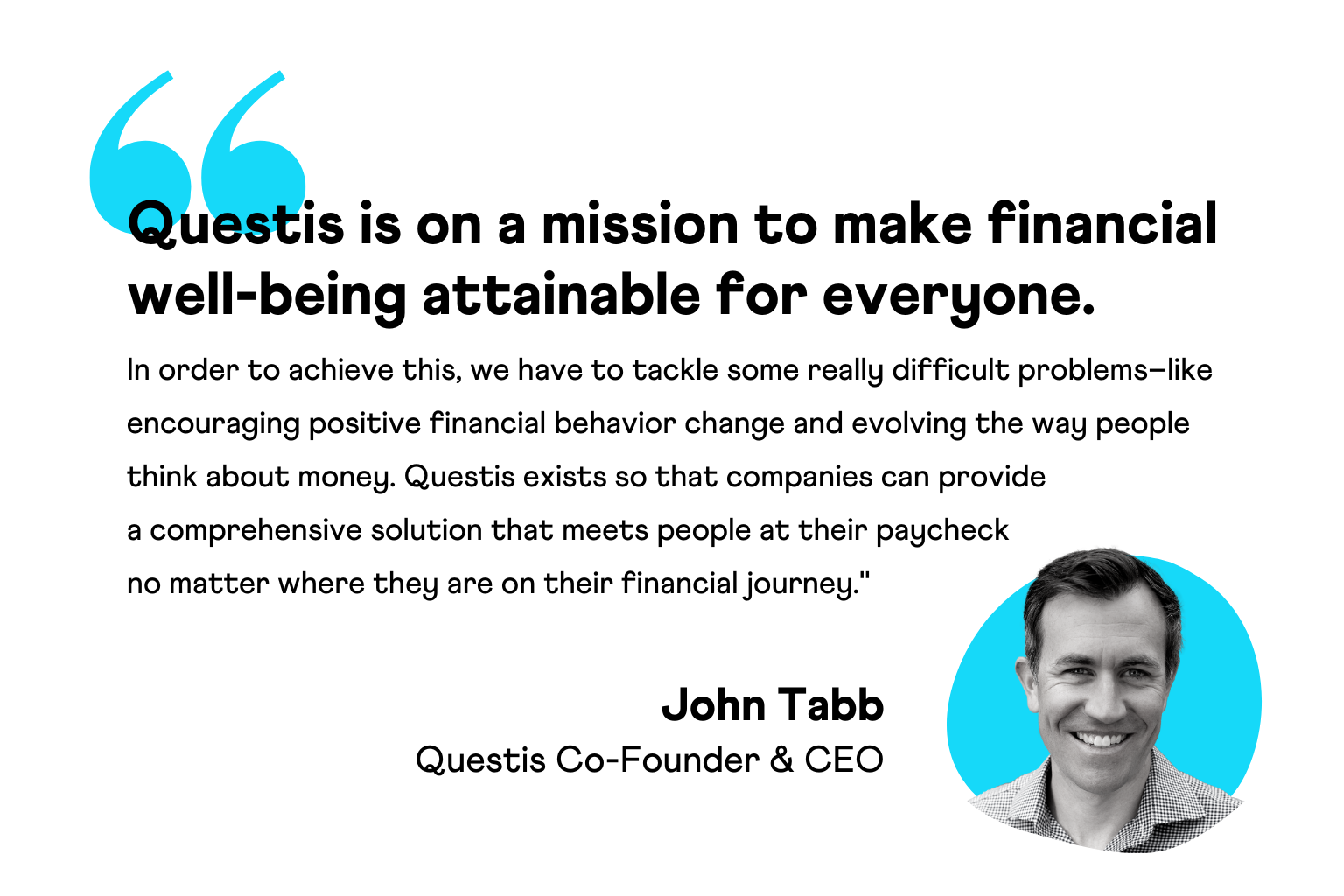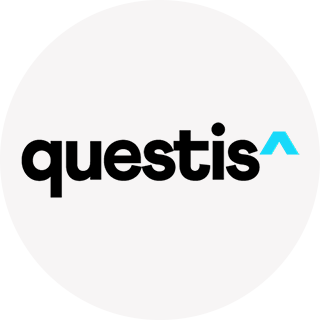During the COVID-19 pandemic, people spent a lot of time isolated and indoors, which helped foster an environment where some people now feel lonelier than ever. The result is a loss of social connectedness—the degree to which people feel the social connections and relationships in their lives to satisfy their wants and needs. When social…
Your Welcoa membership has expired.
The Real Meaning of Financial Wellness
As we enter yet another month of historically high employee quit rates, employers are understandably becoming desperate to attract and retain talent. Many businesses are beginning to supplement rising salaries they simply cannot afford with soft perks like pet insurance and house plant budgets. But, many are overlooking a benefit that employees are already asking for–Financial Wellness.
More than half (58%) of employees are stressed out about their personal finances. And what’s worse is that people admit to spending an average of 15 hours a month worrying about their financial situation while at work, causing a massive loss in productivity. The impact of financial stress doesn’t stop there. 49% of employees also report that their money worries had a severe impact on their mental health just in the past year.
While nearly 46% of companies already offer some form of financial wellness program to their employees, most of these programs are missing the mark. This is where understanding the real meaning of financial wellness comes into play.
Before you dive into evaluating a new or current financial wellness solution for your people, it is vital to understand what the term means exactly and how a solution would work for your organization. So, we’ll start with what we know financial wellness definitely is not.
What Isn’t Financial Wellness?
Run a quick Google search on financial wellness, and you will find hundreds of results that give you definitions across the board. Unfortunately, the term has become a popular buzzword with no singular definition. To further add to the problem, there are numerous solutions out there claiming to be holistic financial wellness and spinning up their own definitions. Let’s take a look at some examples.- Single-point solutions such as Earned Wage Access: EWA programs, though popular, don’t solve the root cause of the problem. These often predatory solutions are advertised as getting back control over your money, but in reality, they can hinder growth by making individuals more prone to unnecessary expenditure. Not to mention they encourage overspending and other bad financial habits.
- AI and Robo: Technology is a big part of financial wellness, but tech alone won’t do the trick. Financial situations are personal, and they should be treated as such. Can you even program a bot to be empathetic?
- Financial Literacy and Education: People who are financially literate understand the basics of how money works. For example, you may not know everything about every financial topic, but you understand fundamental concepts such as how compound interest is calculated. But knowing the information isn’t the same as being able to apply that information effectively and in your own best interest.
- Retirement Advisors: While retirement advisors are a great resource for those who are ready to paln for retirement, we know that the majority of people are living paycheck to paycheck. This leaves nearly 80% of Americans underserved and financially stressed.
Now that we understand what Financial Wellness is not, let’s dive into what it really means to be financially well.
So What Exactly Is Financial Wellness?
We look to the experts at the Consumer Financial Protection Bureau (CFPB) to define Financial Wellness for us.According to the CFPB, financial well-being refers to financial security and freedom of choice for the present and future. This entails a person’s ability to:
- Control their finances on a day-to-day or month-to-month basis. This means that all their bills are being paid on time, their needs are met, and any debt is manageable.
- Create a financial “cushion” to tackle unexpected emergencies or expenses. A person who has the capacity to absorb a financial shock has access to other personal and financial resources, such as savings, insurance, the ability to borrow at a low-interest rate, or from family or friends.
- Achieve their financial goals. These can range from paying off student debt within a specific number of years to saving towards retirement or even saving for their dream vacation. Creating, tracking progress, and fulfilling these goals point towards someone in good shape financially.
- Enjoy the present. Going on a vacation, enjoying dinner with your partner, and pursuing your degree are all factors that point towards financial stability and are deemed essential for well-being.
A comprehensive program should work to reduce financial stress, promote better money management, encourage saving, offer a sound retirement plan, and provide real, human guidance every step of the way.

A Flexible Financial Wellness Solution for Your Company
Employees vary in their needs and goals, so it’s critical that a solution be personalized. While one employee may require additional support in debt management, another may need support with the basics like completing a W4 form. Financial wellness creates opportunities that improve economic outcomes for employees at all income levels, not just high earners. By promoting incremental positive behavior change, even lower wage-earning employees can build significant savings, improve credit scores, and pay off debt.Providing your employees with a financial wellness program offers a better quality of life. In turn, it improves employee experience and makes your company a better place to work.

Questis
Questis is a comprehensive financial wellness solution providing the technology, coaching, and community needed to create sustainable financial behavior change.
With Questis, you establish yourself as an employer invested in the health and well-being of your employees. As a result, you recruit top industry talent while decreasing employee turnover and increasing your employee retention rate. By addressing the root causes of financial stress, implementing Questis can also result in lower healthcare costs and increased benefits adoption.
Invest in your people, and your people will invest in you.
See how Questis could be your business advantage.
Questis was a 2022 WELCOA Summit Sponsor and are a proud partner of the WELCOA Premier Provider Network. To learn more visit their Vendor Profile.




